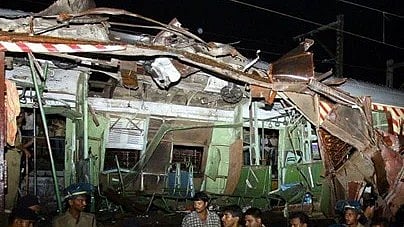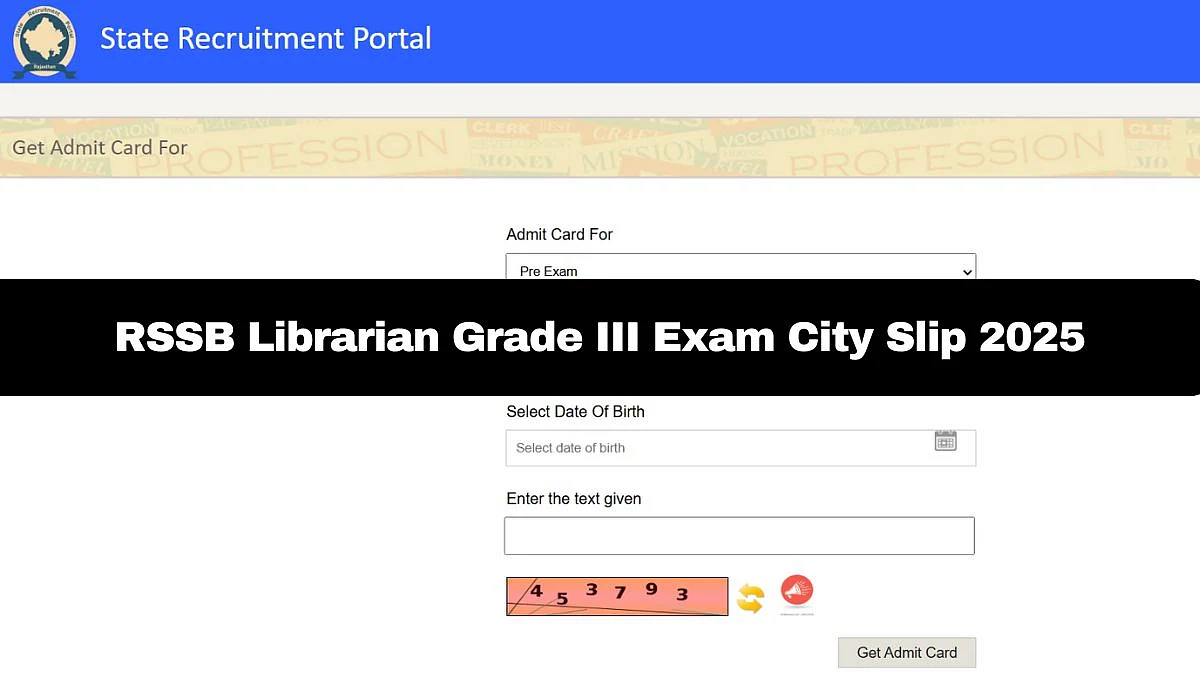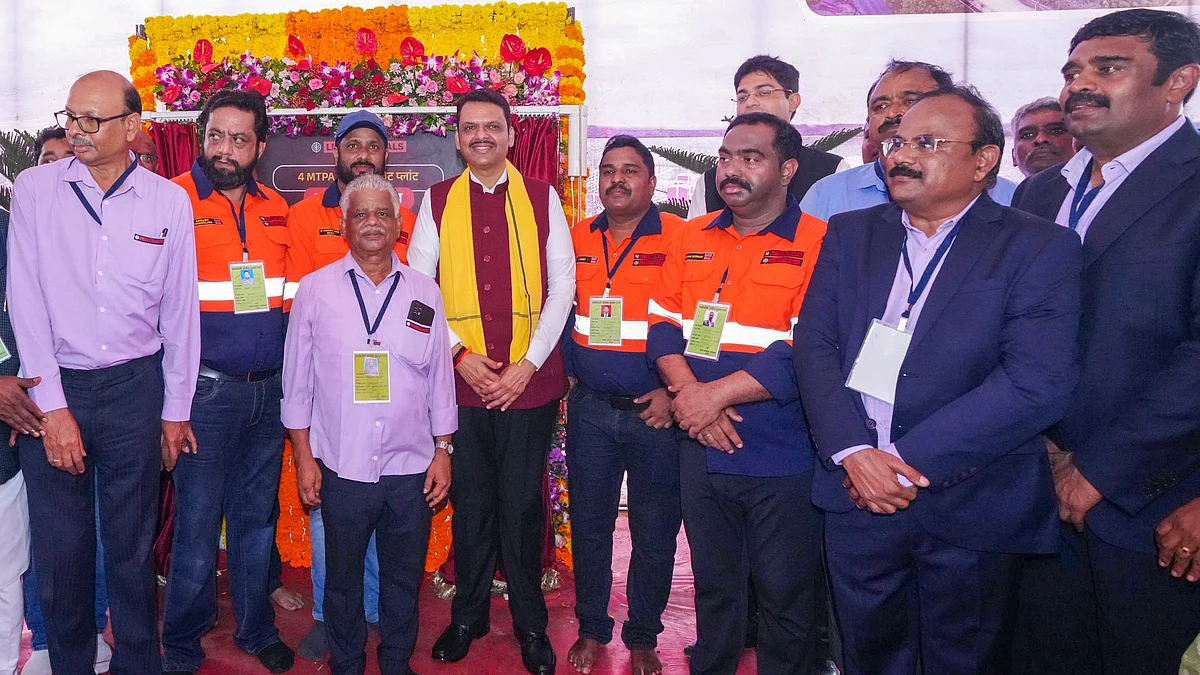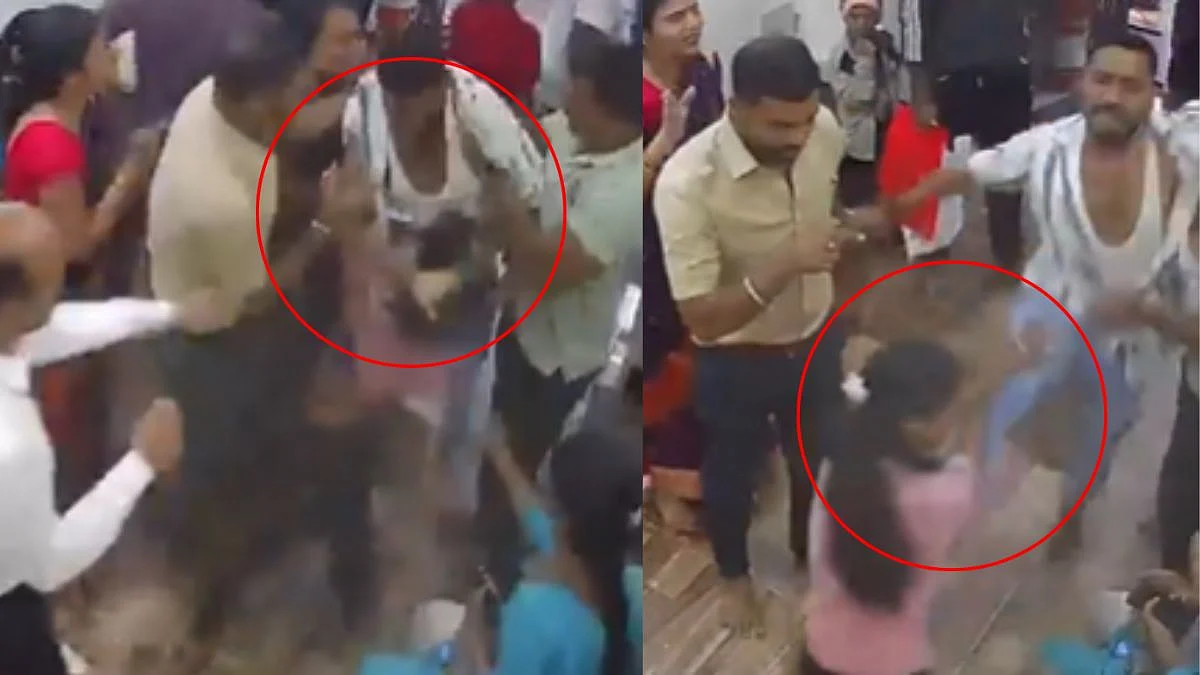Mumbai: The Maharashtra government on Tuesday approached the Supreme Court challenging Bombay High Court verdict acquitting 12 persons in 2006 Mumbai Train Blasts case. HC, a day ago, acquitted all, saying prosecution 'utterly failed' to prove the case and that it was 'hard to believe they committed the crime.'
The High Court set aside the 2015 ruling by the special MCOCA court, which had sentenced five of the accused to death and seven to life imprisonment.
The special bench of Justices Anil Kilor and Shyam Chandak delivered a scathing 671-page verdict, stating it was "hard to believe" that the accused were the perpetrators and that the prosecution's case lacked credible and admissible evidence.
One of the 12 accused had died in custody due to COVID-19 in 2022 while awaiting appeal. The court extended the benefit of acquittal to him posthumously.
Confessions Inadmissible In Court
The bench ruled that all the alleged confessions by the accused were inadmissible in court. “The confessional statements were not truthful or complete. Several parts were found to be copied or identical, casting serious doubts on their authenticity,” the judges noted. They also highlighted credible claims of custodial torture used to extract these statements, stating that such confessions, made under duress, hold no legal value.
“It is well known that, in most of the cases, police are in the habit of extorting confessions by illegal and improper means, including by causing torture,” the court observed, adding that “it is not safe to rely on any statement given under fear or pressure.”
The bench also questioned the reliability of witness statements and the recoveries made from the accused, concluding that these had “no evidentiary value.” Furthermore, the judgment pointed out that critical details regarding the alleged conspiracy, such as how the bombs were assembled, the containers used, or the method of detonation, were vague or entirely missing from the prosecution's case.
“The prosecution has utterly failed to establish the offence beyond reasonable doubt,” the court said, ordering the immediate release of the accused unless required in other cases.
The 2006 serial blasts, which killed 189 people and injured over 800, had led to a major terror investigation involving multiple agencies. Monday’s ruling now casts serious doubt over how the case was handled and raises broader questions about investigative standards in terror cases.










